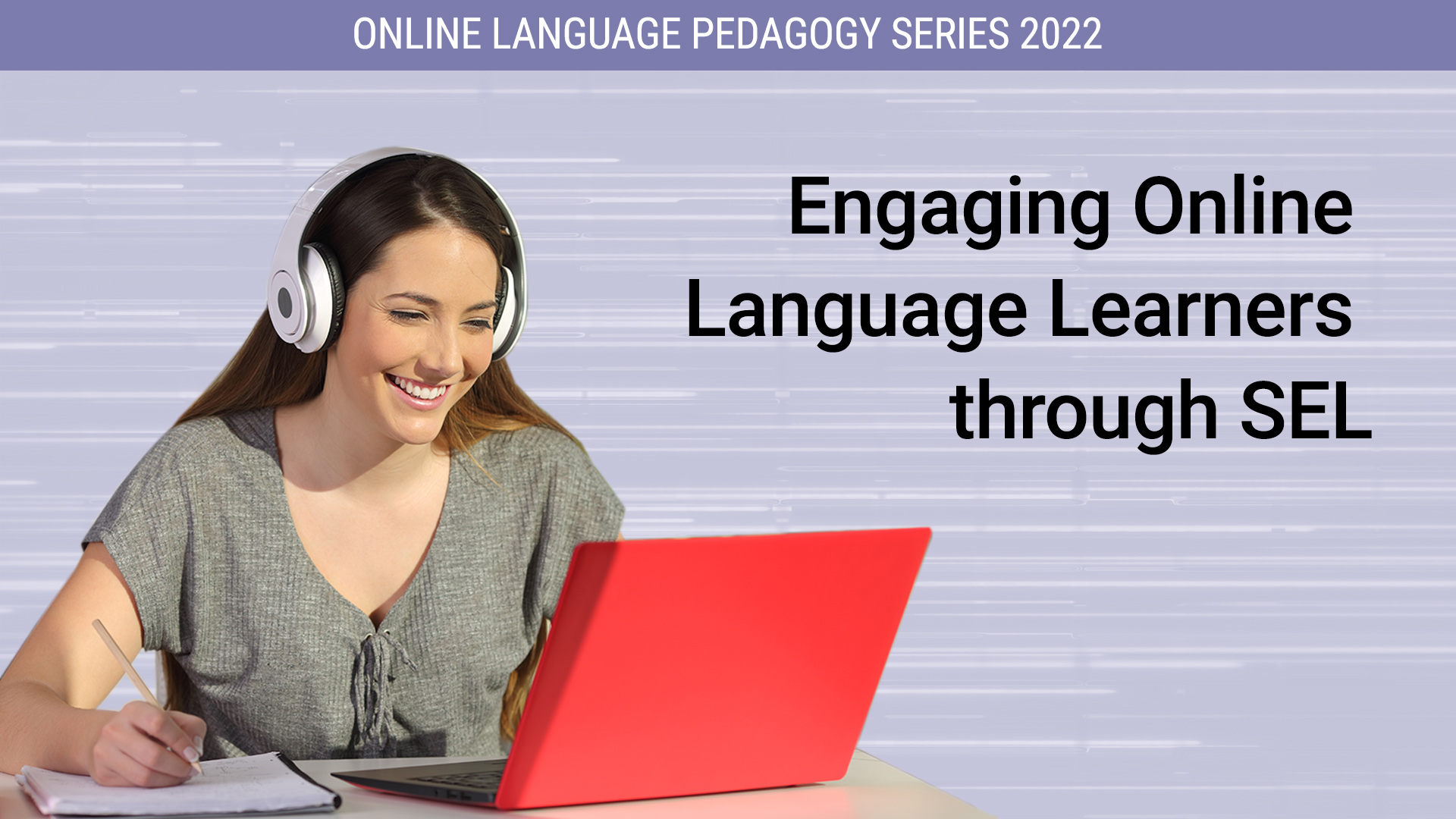This series will highlight how online language instructors can use the Social Emotional Learning Framework to engage students in the virtual classroom and enhance the experience and satisfaction of learning a language online. Topics will include highlighting learner self awareness, promoting self management and self motivation, expanding social awareness through online extracurricular activities, teaching responsible decision making through storytelling and building positive relationship skills in a supportive way.
Successful completion of this course will earn an optional digital badge conferred by the National Foreign Language Resource Center (University of Hawai‘i at Mānoa). Badge earners may be eligible to earn a Continuing Education Unit (CEU) towards maintaining their professional qualifications.
Registration
Registration is FREE but required.
We are sorry, but OLP registration is now closed.
LAST DAY TO REGISTER for access to the live webinar series is February 24, 2022.
NOTES:
- A screencast of these webinar sessions will be recorded and made available as an open educational resource in TED-Ed.
- If you are plan to earn the digital badge, you should register no later than February 3, so you can meet the live webinar participation requirement.
Webinar Dates (Thursdays) & Times: Jan 27 | Feb 3 | Feb 10 | Feb 17 | Feb 24
- 2:00-3:30 pm (Hawaii Standard Time)
- 4:00-5:30 pm (Pacific)
- 5:00-6:30 pm (Mountain)
- 6:00-7:30 pm (Central)
- 7:00-8:30 pm (Eastern)
Webinar Schedule
January 27
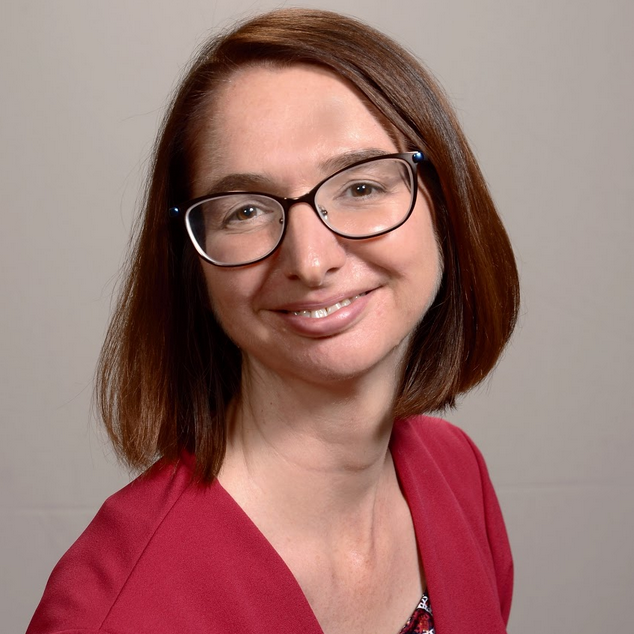
Integrating SEL in Online Language Classrooms
Presented by Dr. Ann Marie Gunter
North Carolina Department of Public Instruction
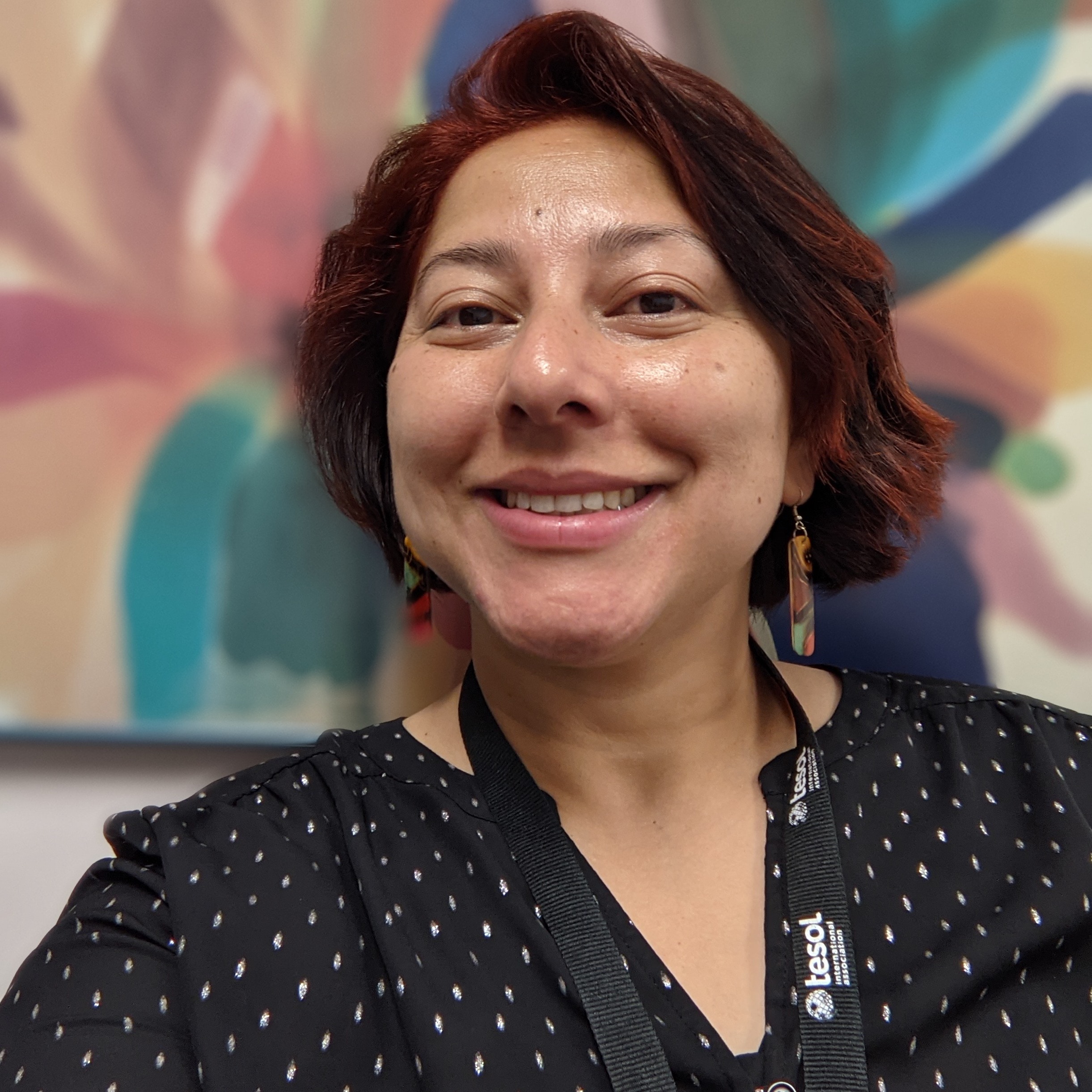
Developing Self Awareness Skills in the Language Classroom
Presented by Xatli Stox
North Carolina Department of Public Instruction
Ann Marie Gunter (North Carolina Department of Public Instruction): Dr. Ann Marie Gunter is a language educator and policy specialist with over 25 years of experience. She has taught K-20 French and English courses and served as a district coordinator of gifted and talented programs in Indiana and Wisconsin. In her current position, she focuses on initiatives involving the professional development, support, and implementation of the proficiency-based North Carolina World Language Essential Standards. Ann Marie has served as the World Languages Consultant with the North Carolina Department of Public Instruction since 2007.
Xatli Stox (North Carolina Department of Public Instruction): Xatli Stox is a language educator and instructional technology specialist with more than 15 years of experience. She has taught K-12 English as a Second Language (ESL) and Spanish in a heritage language program. She has served as an English Learner (EL) Program Coordinator in the public-school system in Bogota, Colombia, and North Carolina, USA. In her current position, focuses on the quality review of language instruction educational programs and federal program compliance and leads the development of professional learning and networking opportunities for educators.
February 3
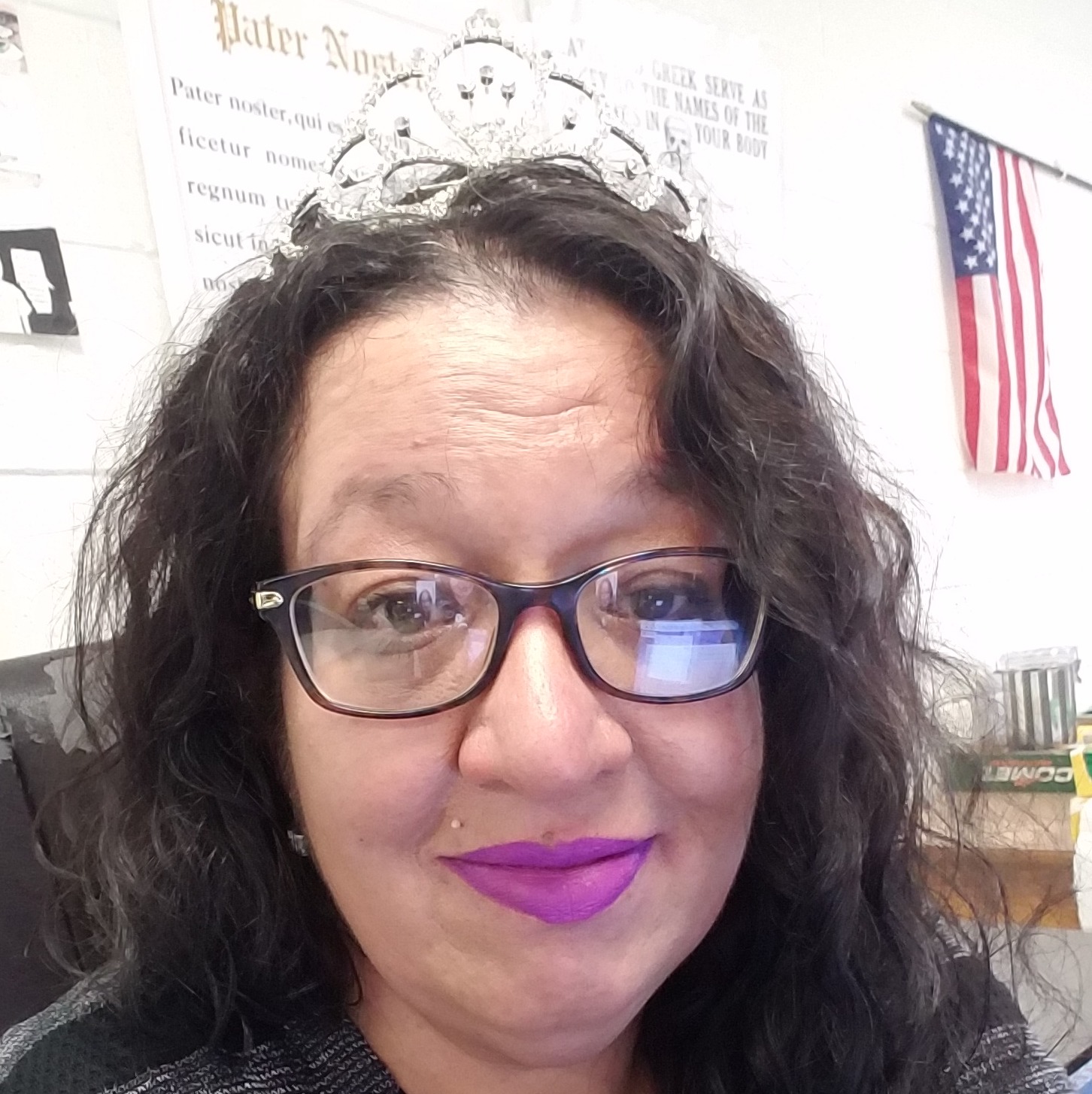
SEL and Engagement in the Virtual Classroom
Presented by Shara Packman
North Carolina Virtual Public School
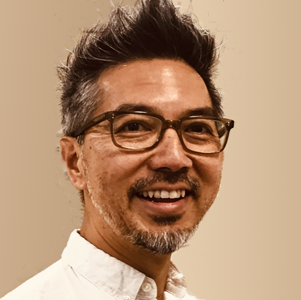
Building Compassion and Curiosity in Online Learning
Presented by Yo Azama
California State University, Monterey Bay
Shara Packman (North Carolina Virtual Public School): Shara Packman is a Latin language teacher at North Carolina Virtual Public Schools (NCVPS) and at Reid Ross Classical School in Fayetteville, NC. Since 2017, she has served as an Instructional Leader for World Languages at NCVPS. She has provided professional development on online student engagement and has been a long-time proponent of applying Social Emotional Learning (SEL) concepts to online classes. Currently, she is the proud sponsor of the first ever Gay/Straight Alliance (GSA) at Reid Ross and is advocating for acceptance for all LGBTQ+ students and promoting inclusion schoolwide.
Yo Azama (California State University, Monterey Bay): Yo Azama has 25 years of teaching Japanese from kindergarten to college. He is the Lead Instructional Coach and World Language Curriculum Specialist for Salinas Union High School District. He has served as a College Board Advisor for the AP Japanese Language and Culture Development Committee. He has been the recipient of numerous awards, including the 2012 ACTFL Language Teacher of the Year, Outstanding Teacher of America Award by Carlston Family Foundation, the Robert J. Ludwig Distinguished Leadership Award, and the Elgin Heinz Teaching Excellence Award. He is currently a team leader of the Monterey Bay World Language Project at California State University, Monterey Bay.
February 10
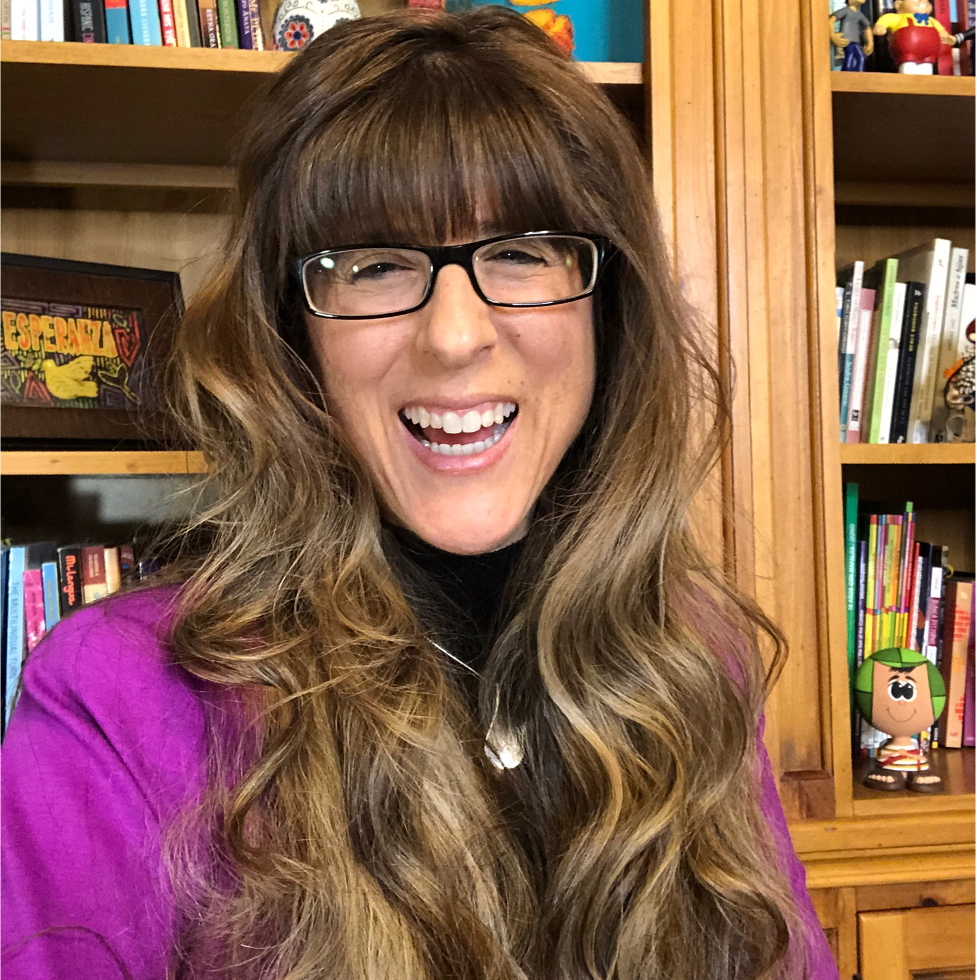
SEL in the World Languages Classroom: Developing Responsible Decision-Making through Storytelling
Presented by Dr. Alegría Ribadeneira
Colorado State University, Pueblo
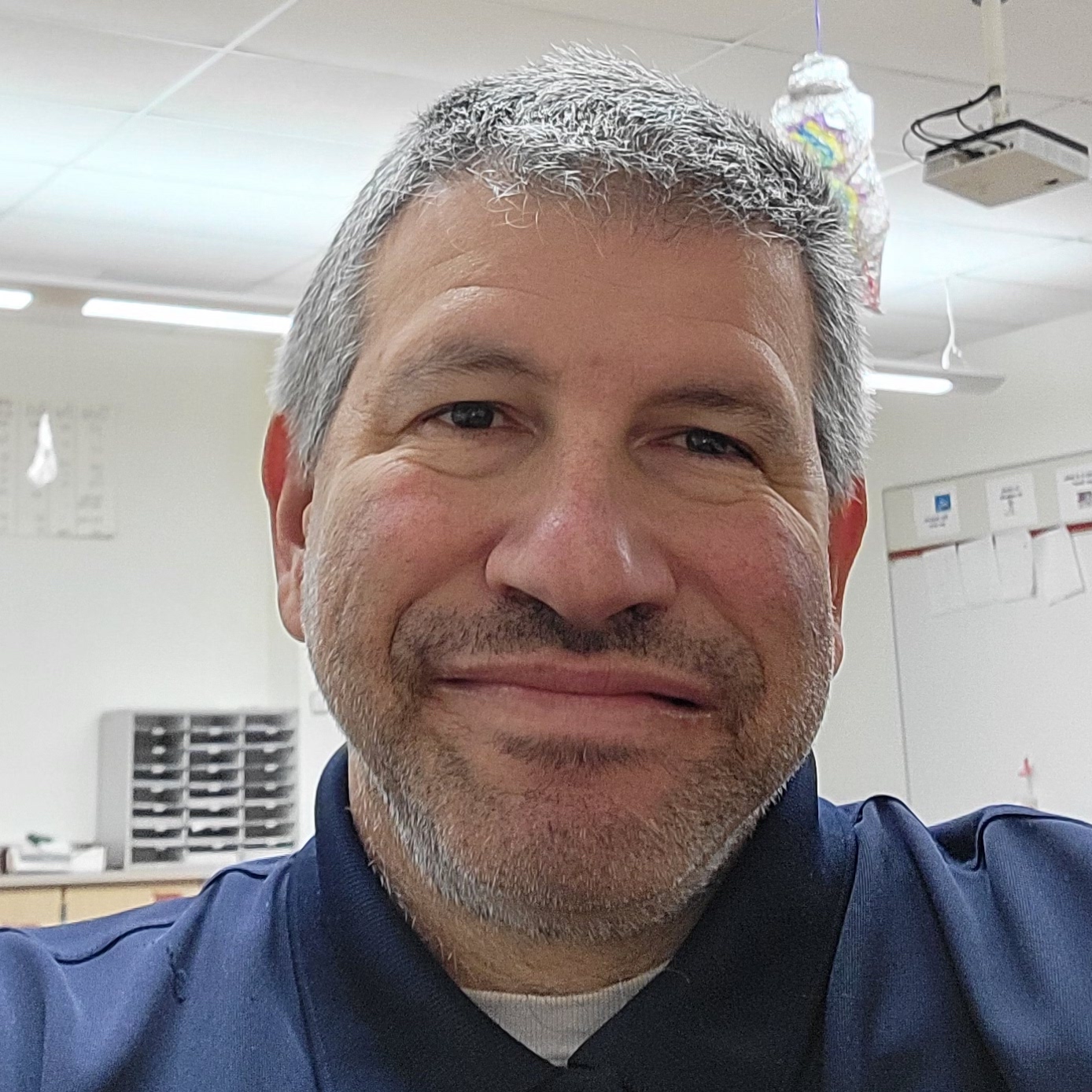
Beyond Basic Storytelling
Presented by Ed Bamford
Moon Area High School
Alegría Ribadeneira (Colorado State University, Pueblo): Dr. Alegría Ribadeneira is Distinguished Professor and Director of World Languages at Colorado State University-Pueblo. Dr. Ribadeneira researches and presents on issues of language instruction focusing on heritage and L2 learners in mixed classrooms. Her presentations highlight the benefits of project-based, content-based, and community-based instruction paired with open educational practices. She is a lead instructor for the NHLRC summer workshop. Dr. Ribadeneira is the recipient of several awards, including CCFLT Colorado Excellence in Teaching Award, the SWCOLT Southwest Post-Secondary Excellence in Teaching Award, the Olga E. Kagan Award for advancing heritage language education, and the Global Educator Award from Open Education Global.
Ed Bamford (Moon Area High School): Edwin (Buddy) Bamford majored in Accounting, Business Administration and Spanish. After several years of dissatisfaction, he returned to school to earn his Masters in Education. He is currently a teacher in the Moon Area School District. Bamford’s non-traditional work experience combined with his non-traditional teacher education was further enhanced by a kind, open-minded administration that allowed him to be himself from the first day. He is a risk taker. Admittedly, not everything goes as planned. He learned early that it is invaluable to involve students in the planning and execution of the course. He is excited to continue working with students and seeing the world through their eyes.
February 17
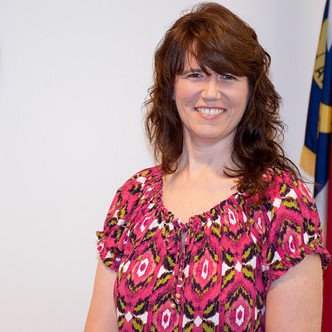
Fostering Community in an Online Learning Environment
Presented by Revae Bostwick
North Carolina Virtual Public School

Raising Social Awareness Through Cultural Connections
Presented by Meaghan DeRusso
North Carolina Virtual Public School
Revae Bostwick (North Carolina Virtual Public School): Revae Bostwick has been an educator for more than 17 years. Currently, she is an Instructional Leader, Curriculum Leader, and Instructor in the Japanese Department at North Carolina Virtual Public Schools; an ESL Lead Teacher in the Newton-Conover City Schools district, where she teaches elementary ESL; and serves as Treasurer and Conference Co-Chair of Carolina TESOL, a non-profit organization that provides professional development and resources for educators in North and South Carolina. In her junior year, Bostwick worked as an intern in Hokkaido, Japan. Upon college graduation, she worked as a CIR on the JET Programme in Miyazaki, Japan. After returning to the United States, she worked as a translator at Toyota Manufacturing in Kentucky for several years before becoming an educator.
Meaghan DeRusso (North Carolina Virtual Public School): Meaghan DeRusso graduated from the State University of New York College at Cortland with a degree in Spanish Education and earned her Master’s degree in Spanish and Latin American Area Studies from American University. Currently, she is a Spanish teacher and Instructional Leader for North Carolina Virtual Public School. While she began her career teaching face to face, Meaghan quickly saw the potential she had working with students by implementing technology into her classroom and realized her passion for working with students in the online setting. She made it her professional goal to create a positive learning environment in the virtual world that fosters true connection and growth for her students. Through her courses Meaghan strives to create a community of learners that nurtures this growth in a positive, fun environment.
February 24
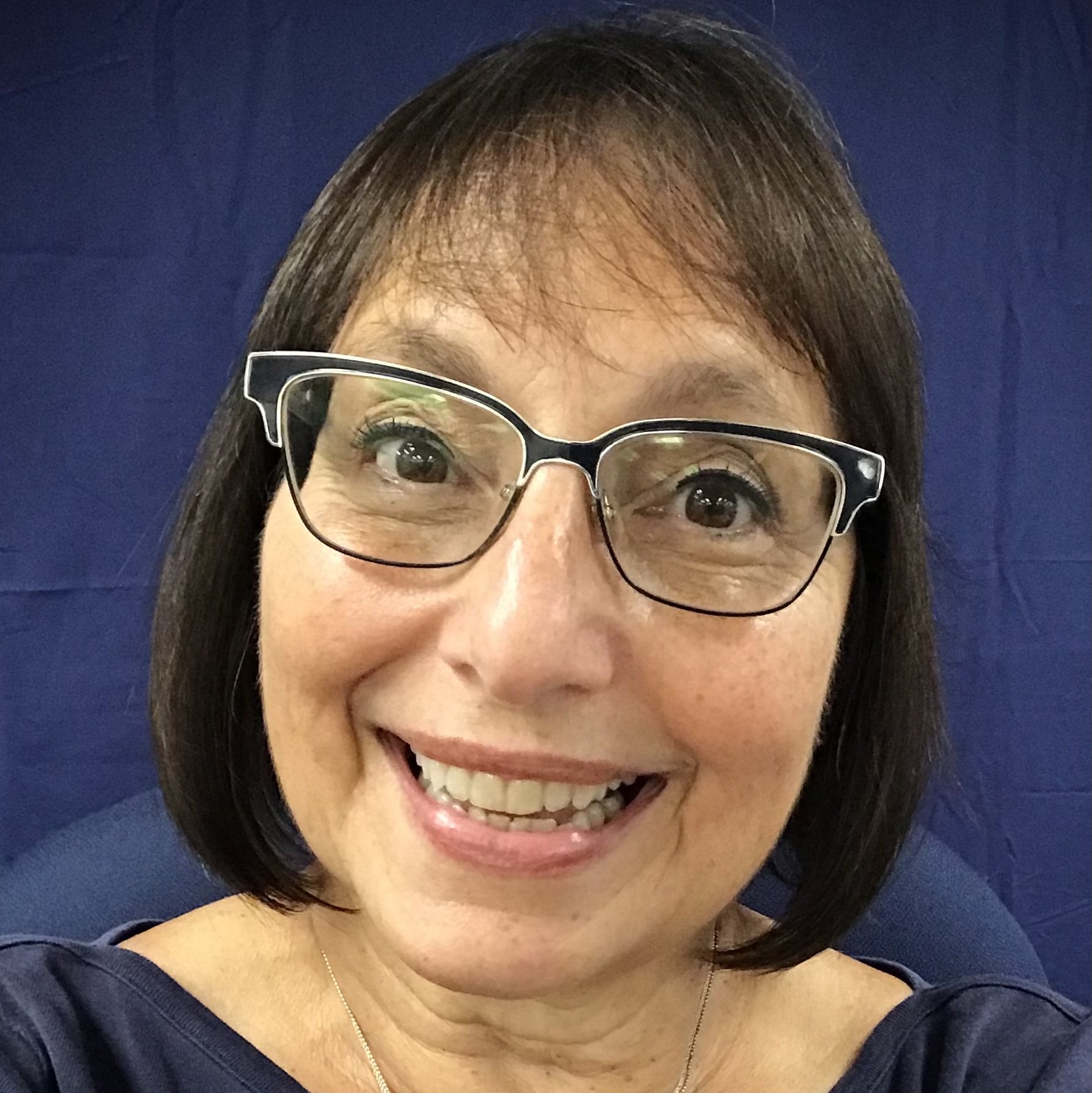
Cooking ASL in the COVID Kitchen: Leveraging language-learning tools to entice and engage
Presented by Jan Fried
Kapi‘olani Community College
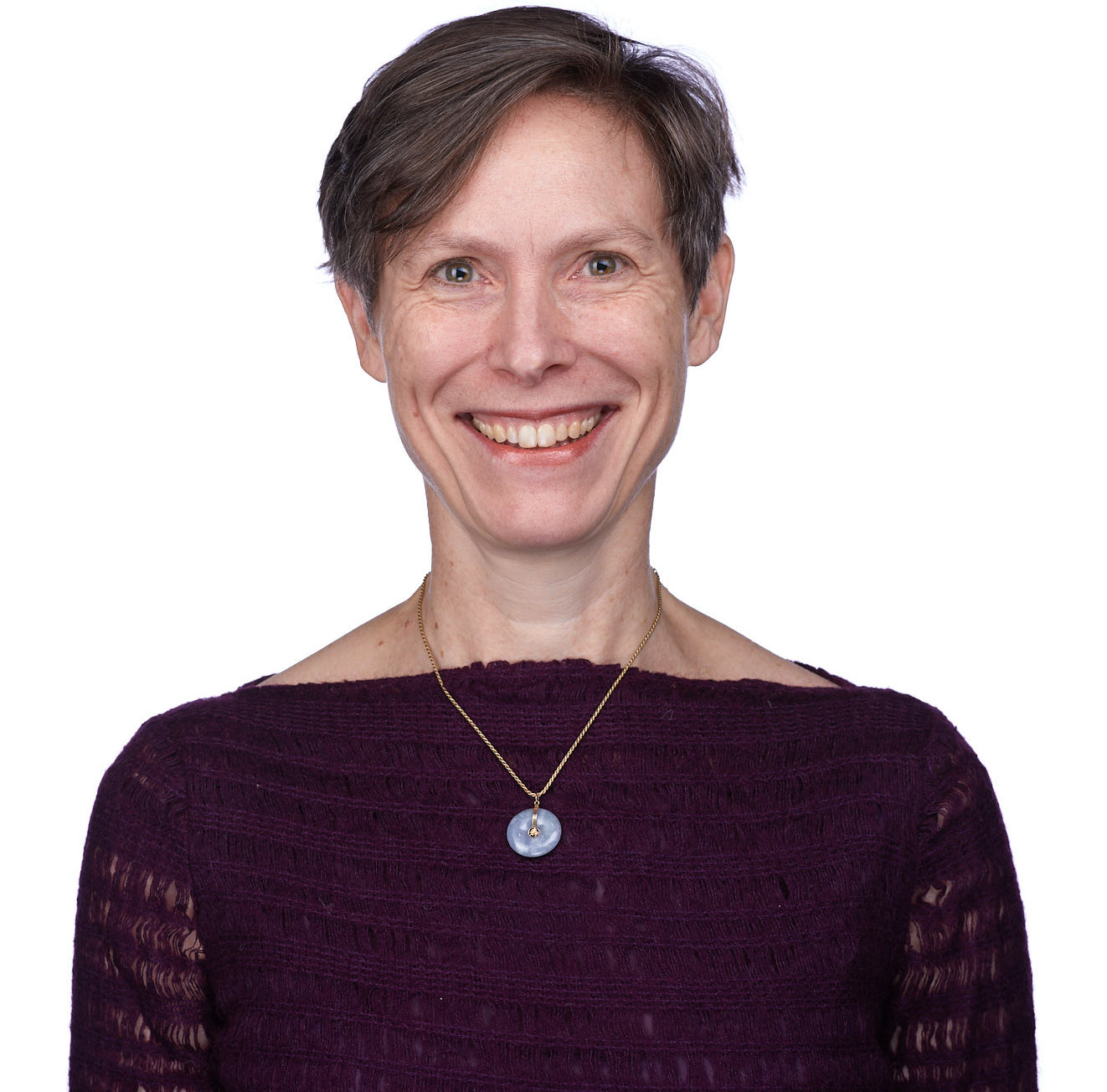
Positive Interactions in the Online Language Classroom to Improve Relationship Skills
Presented by Dr. Megan Ferry
Union College
Jan Fried (Kapi‘olani Community College): Jan L. Fried is a Professor of American Sign Language/English Interpreter Education and American Sign Language at the University of Hawai’i- Kapi’olani Community College in Honolulu and the Interim Academic Advisor for the Kapi’olani Deaf Center. She has served on numerous state, regional and national committees pertaining to the Deaf, hard of hearing and interpreting communities. Jan holds a master’s degree in Teaching Interpretation, is a nationally certified ASL/English interpreter in private practice, and a trainer for the Hawai‘i State Judiciary. She has presented and consulted extensively throughout Hawai’i, the FSM, Guam, Saipan, American Samoa, Majuro, Japan and the mainland US.
Megan Ferry (Union College): Megan M. Ferry is Professor of Chinese and Asian Studies in the Department of Modern Languages and Literatures at Union College (Schenectady, NY). She teaches Chinese language at all levels, and various courses such as Asian American film, Gender and Sexuality on Modern China, and East Asian literature and culture. She authored Chinese Women Writers and Modern Print Culture (Cambria, 2018), and numerous academic articles. She has written the Chinese curriculum for the Schenectady Public Schools District and served as evaluator for several K-16 Chinese language programs. Her most recent publication is “Project-Based Language Learning: Addressing Cultural and Linguistic Diversity Issues in Climate Action,” in Education for Sustainable Development in Foreign Language Learning: Content-Based Instruction in College-Level Curricula, Maria J. De la Fuente, editor. Routledge (2022).
OLP Series 2022 Participant badge
Successful completion of this course will earn an optional digital badge conferred by the National Foreign Language Resource Center (University of Hawai‘i). Badge earners may be eligible to earn a Continuing Education Unit (CEU) towards maintaining their professional qualifications.
For those who have registered and are pursuing the digital badge, please watch this video that explains the process:Digital Badge and CEU Credit Criteria (2022 Cohort)
Digital Badge
The digital badge certifies that the badge recipient:
- Learned and considered strategies for engaging online language learners through SEL, shared by experienced world language educators;
- Attended at least four (out of five) live 90-minute webinars;
- Participated substantively and collegially in discussions and activities during the live webinars;
- Posted substantive responses to discussion prompts in nine TED-Ed lessons;
- Completed a 3-2-1 Reflection for each webinar session.
Note: See the Q&A section below for instructions on how to complete your required badge tasks.
CEU Credit
Participants who meet all the criteria listed under “Digital Badge” above may be eligible to earn continuing education unit (CEU) credit. In order to earn the CEU credit, one requirement is to fulfill a minimum of 10 contact hours during the class, which means participants have to attend all five webinar sessions and join discussions and activities during the webinars. Please note each participant is allowed to miss only one session. If you need to miss a whole session or even part of a session, you will be asked to watch the recorded footage of the missed webinar (available in TED-Ed lessons) and complete a Webinar Summary Report.
If you wish to earn CEU credit, please provide the name, title, and contact info (phone and/or email) of the supervisor who will be responsible for approving/awarding your professional development credit in the registration form or contact Stephen Tschudi.
Completion Due Date: April 1, 2022
Q & A
Zoom Webinars
- How do I access live webinars in Zoom? All webinars can be accessed via the link sent in your registration confirmation email.
- What topics will be covered during the webinars? The webinar schedule, including the list of topics and presenters, is listed on this webpage.
- What should I do if I have a question about Zoom? Visit the Zoom Help Center for more information.
TED-Ed Lessons (following live webinars)
- How do I access the TED-Ed lessons? You will receive email notification with links to each lesson shortly after each live webinar. Please note that TED-Ed lessons are based on the video-recordings of live webinars that first need to be edited before their release, which may take a day or two.
How do I participate in TED-Ed lessons? If you don’t have a TED-Ed account, you will first need to create one (click here). After you log into TED-Ed, you should be able to access and complete each lesson.
Final Project: 3-2-1 Reflection
- What is the 3-2-1 Reflection? The 3-2-1 Reflection is a brief summary report that you need to complete after each webinar. For each webinar, you need to provide a summary of three things you learned, two things you plan to implement in your class, and one question that you still have.
- Where can I find the 3-2-1 Reflection and how do I create my own copy? First, go to the Reflection Template, then follow this tutorial to create your own copy.
How do I submit my 3-2-1 Reflection? Complete this Google Form to submit a URL to your 3-2-1 Reflection document.
More Online Language Pedagogy Resources
Want more resources? Visit our Online Language Pedagogy Resources page.

